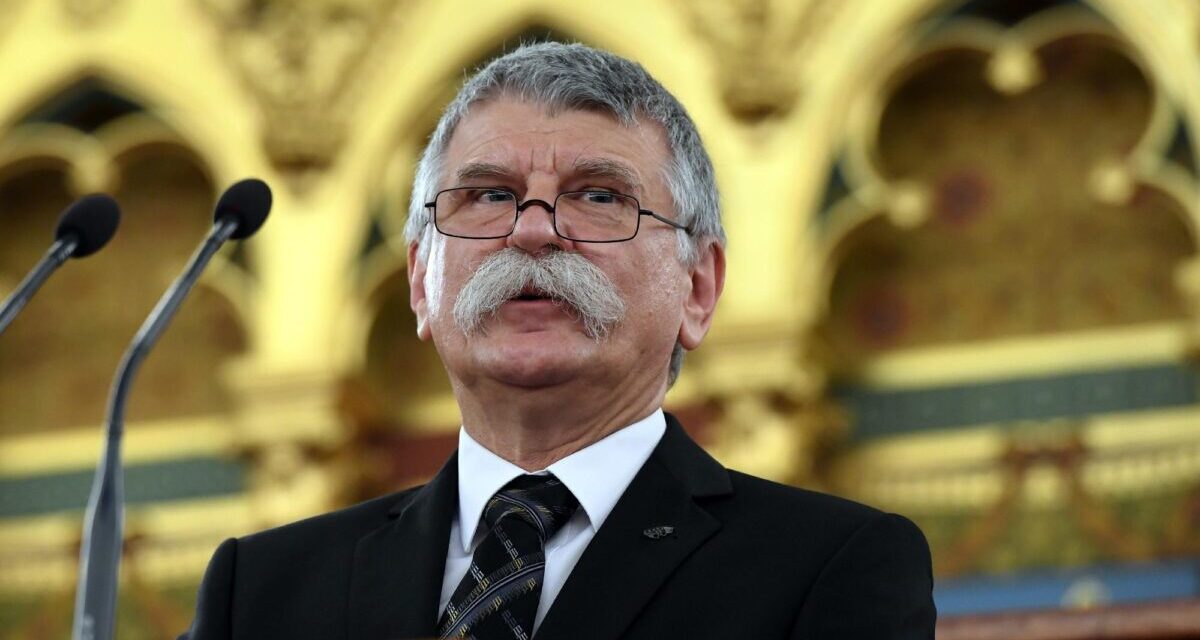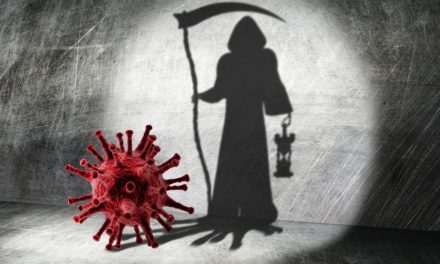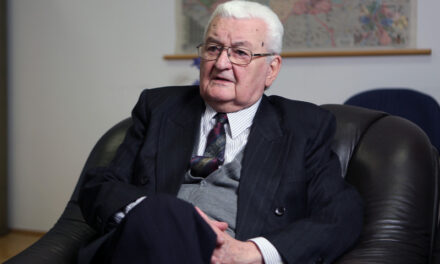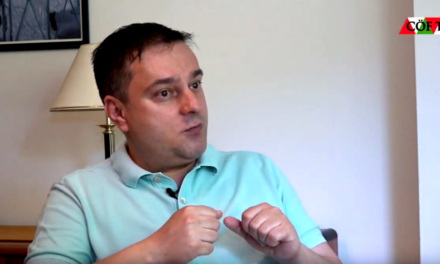It was a mistake to let the Russian-Ukrainian conflict become a watershed issue in the communication between PiS and Fidesz, between Poland and Hungary, stated the President of the Parliament.
There are national interests that directly demand that we rise above ideological divisions and that we defend our sovereignty together against the arrogance of the Brussels bureaucracy, which betrays the European people, said László Kövér in an interview with the Polish weekly Sieci.
The President of the National Assembly pointed out that this is not only evident in Central Europe, but is increasingly evident from the Iberian Peninsula to the Baltic.
László Kövér recalled the recent past of the Visegrád Cooperation, when the cooperation of the prime ministers of PiS belonging to the ECR, Smer belonging to the Slovak Social Democrats, Ano of the liberal Czech Republic and Fidesz of the People's Party showed the most productive period of the V4 so far.
He said that PiS is, but the Romanian AUR is not considered their ally, the latter's chauvinist approach towards the Hungarian minority in Transylvania is very disturbing.
He also noted:
it was a mistake to let the Russian-Ukrainian conflict become a watershed issue in the communication between PiS and Fidesz, between Poland and Hungary, ruling out the possibility of accepting and reconciling approaches made from different points of view and based on different national interests.
At the same time, the differences between nations are natural, but the conflicts that may arise from this can be resolved under the principle of "live and let live", the method of which in the European Union is subsidiarity, he stated. He recalled that the European Union was originally built on this, which he characterized as a brilliant idea.
He noted: he recently saw in practice how democracy works in Switzerland, where the system has been developing for eight hundred years. Problems are solved at a higher level if, and only then, they cannot be dealt with at a lower level.
László Kövér said about the election defeat of the Polish PiS: he would make a mistake if he wanted to draw lessons from the outside, but in his opinion, PiS did not lose the elections because it made mistakes, "every government makes mistakes, including ours". It is more about the media situation in Poland and the image created by the left-liberal media, he believed.
He noted: when Fidesz lost the elections in 2002, it was suggested that the various political tendencies also get their share in the public media. The socialist prime minister at the time replied: whoever wants media, let him buy it. They took his advice and created a right-wing television in cooperation with the capital with national sentiments, which played an important role, for example, in exposing the dirty politics of the socialist-liberal coalition after 2006. Among other things, it is due to this that they lost badly in 2010, and to this day they have not recovered from this, he noted.
László Kövér called the Hungarian model unique in Europe. He emphasized that, in terms of traditional media surfaces, they have the same chance of getting their messages to the voters compared to the left-wing opposition. Social media is a different matter in the hands of tech giants, as they censor and restrict content they deem politically incorrect.
Conservative parties such as PiS and Fidesz have to face this new challenge
he announced.
He also touched on: Fidesz has been active since 1988, it develops organically, it has had its downfalls, but in the end it is a comradely community that, organized around the authoritative and charismatic Viktor Orbán, has become the most successful party in Central Europe. In Poland, on the other hand, the right-wing has always been less stable, parties were formed, split, and disappeared; they have different foundations and experiences here, he added.
The President of the National Assembly saw that it is easier for left-wing parties to cooperate because they are homogenized by nothingness, emptiness, and a lack of ideas, without real values they cannot differ from each other.
In Hungary, right-wing politics has been taking place under the triple slogan of "God, home, family" since the period between the two world wars.
Even today, these are the basic values that allow us to understand each other and to find joint solutions to the demographic or cultural problems that arise from abandoning these ideals, he emphasized.
László Kövér, in response to the suggestion that young people are liberalizing in a crazy way, said: young people avoid participating in politics, they are not interested, they do not necessarily see the positive connection between political decisions and the development of their own destiny, but they tend to rebel against the current situation , to a radical rejection. There are places where this pushes them in the direction of liberalism, which offers the illusion of freedom from all constraints, and there are places where they are disillusioned with the left and are oriented towards the radical right, he pointed out.
He explained: in our country, Fidesz still has the largest voter share among young voters, and the Momentum party, which exploded by proclaiming itself to be the advocate of the young generations after Fidesz, is now in trouble - in the current election, it won less than 4 percent of support, and dropped out of the European Parliament.
When asked, he also addressed the fact that Catholics and Protestants today have much more in common than what separates them. Regrettably, the most important of these is the anti-Christian spiritual terror, which increasingly dominates the European public, and which in some places even crosses the borders of the existential threat, he said. He emphasized: there are common values that we must nurture together, and St. II. Continuing the efforts of János Pál, the Orthodox should also be included in this.
what
Photo: MTI/Attila Kovács













